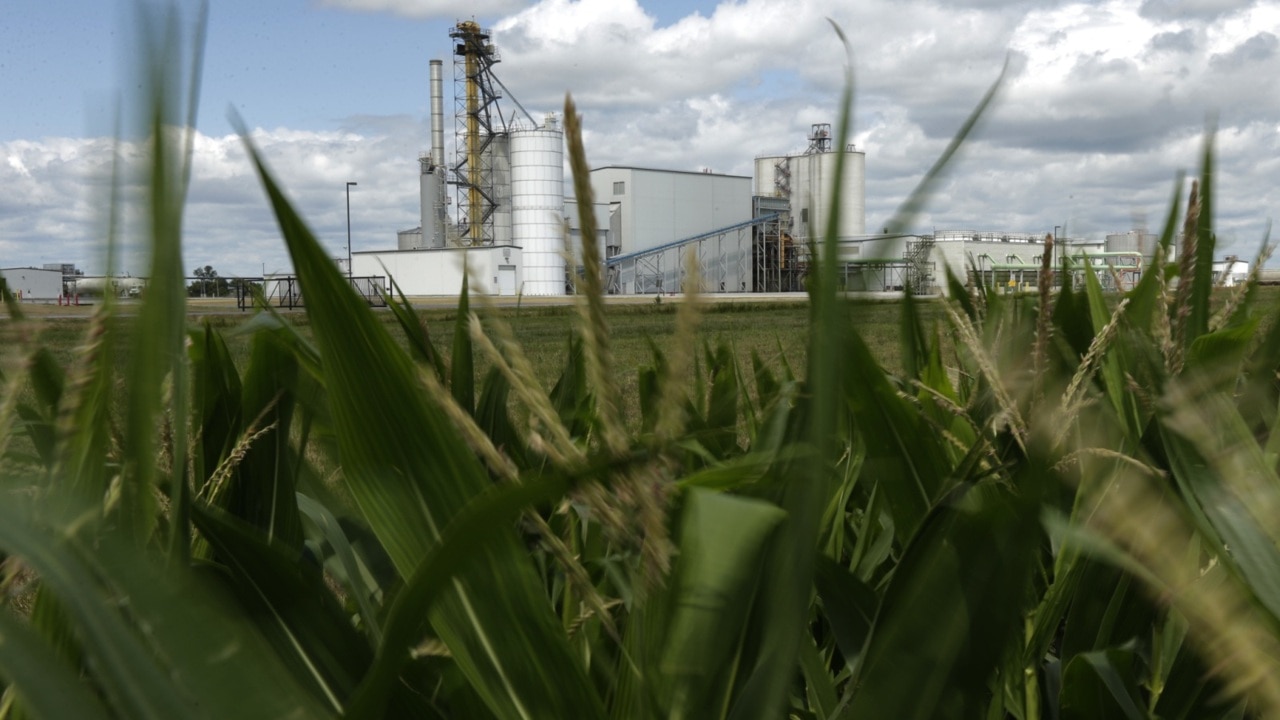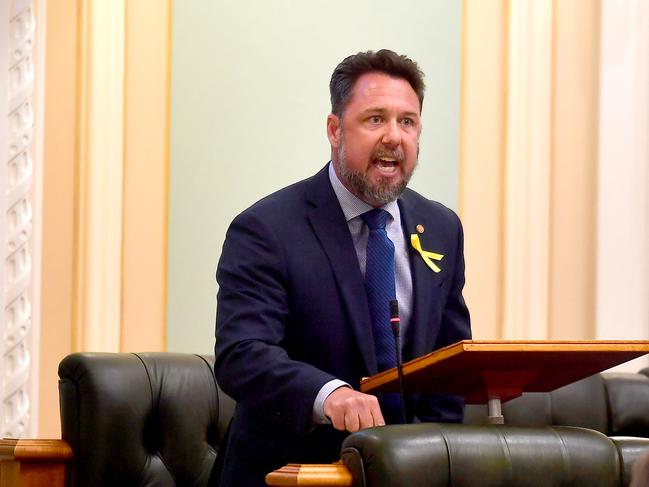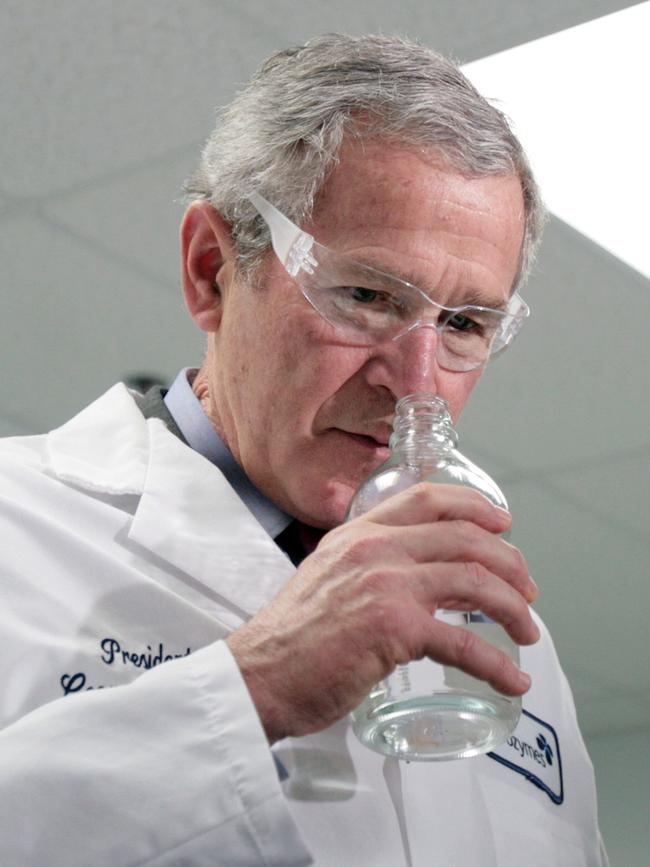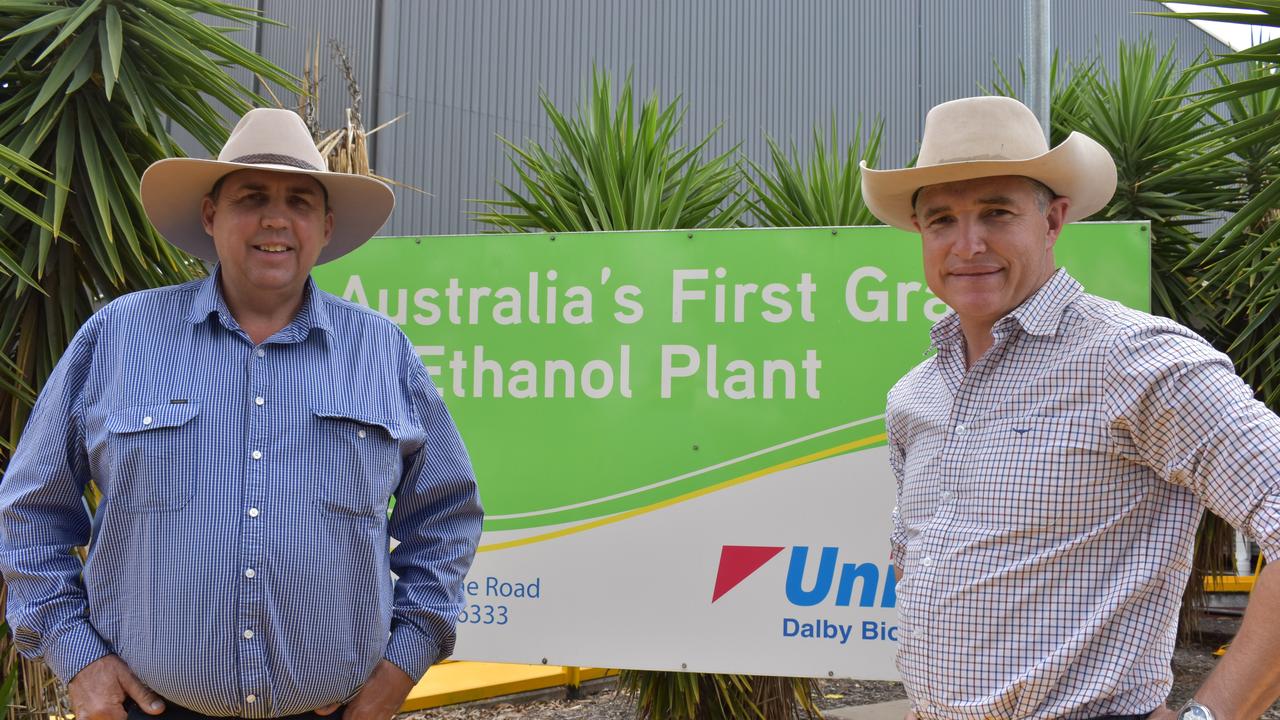North Queensland ethanol fuel bill a step closer to law
A bill looking to mandate more biofuel in our petrol tanks has taken a crucial step. See why it could be a boon for a struggling NQ industry.

Townsville
Don't miss out on the headlines from Townsville. Followed categories will be added to My News.
“It’s like going up to the bar, ordering a 4.2 per cent Great Northern and it’s 1 per cent. We’re getting jipped at the bar.”
That’s how Katter’s Australia Party MP Nick Dametto describes the issue facing consumers wanting cleaner, renewable ethanol in their petrol, and a bill of his which aims to fix the issue.
The Hinchinbrook MP introduced the Liquid Fuel Supply (Minimum Biobased Petrol Content) Amendment Bill 2022 in October. It was referred to the Transport and Resources Committee on March 13.
Currently 4 per cent of liquid fuels sold in Queensland must be biobased (ethanol).
If 4 out of every 10 litres of regular petrol sold by a petrol station (or group of petrol stations) were E10 with 10 per cent ethanol, the fuel retailer would have complied with the biobased petrol mandate.
However, Mr Dametto said there was no floor for the amount of ethanol in E10, and likened buying E10 fuel to getting a beer you did not order.
“It’s like going up to the bar, ordering a 4.2 per cent Great Northern and it’s 1 per cent. We’re getting jipped at the bar.”
Mr Dametto’s bill would mandate E10 fuel be at least 9 per cent ethanol.

Ethanol is made of biomass and produces less harmful emissions compared to regular unleaded petrol, according to CSIRO research.
The Katter Party has pushed for ethanol because of its use of agricultural by-product for production. Ethanol also reduces the county’s fossil fuel imports.
Having E10 be 9 per cent ethanol by law would be the same requirement as NSW state law.
The Dalby ethanol refinery shut in 2020 because of a lack of ethanol demand. It reopened to make hand sanitiser and disinfectants at the start of the Covid-19 pandemic, but has since closed again.
Mr Dametto said it was hard to project how many jobs could be created if Queensland’s ethanol industry got a shot in the arm, but said his bill would create demand for ethanol and Queensland to manufacture it.

As well the ethanol requirement going from 4 to 9 per cent, the bill doubles the fines for selling fuel under the biofuel benchmark; to a maximum 400 penalty units for a first offence, to a maximum 4000 penalty units for second or subsequent offences ($57,200 and $572,000 fines respectively as at July 1, 2022.)
“I want to make it clear that the bill aims to target those fuel retailers who are blatantly non-compliant,” Mr Dametto said.
However, the new law would not get tougher on smaller petrol stations.
A fuel retailer with fewer than 10 stations or that sells less than 500,000 litres per quarter will remain exempt from fines, as they are currently.
“If we are going to move towards cleaner and greener fuel options, or transition to electric or hydrogen vehicles, I believe the department needs the correct tools that will allow them to administer fines to deter certain people from working grossly outside the set criteria.”
The committee will publish a final report on the bill on April 13, 2023.
More Coverage
Originally published as North Queensland ethanol fuel bill a step closer to law





